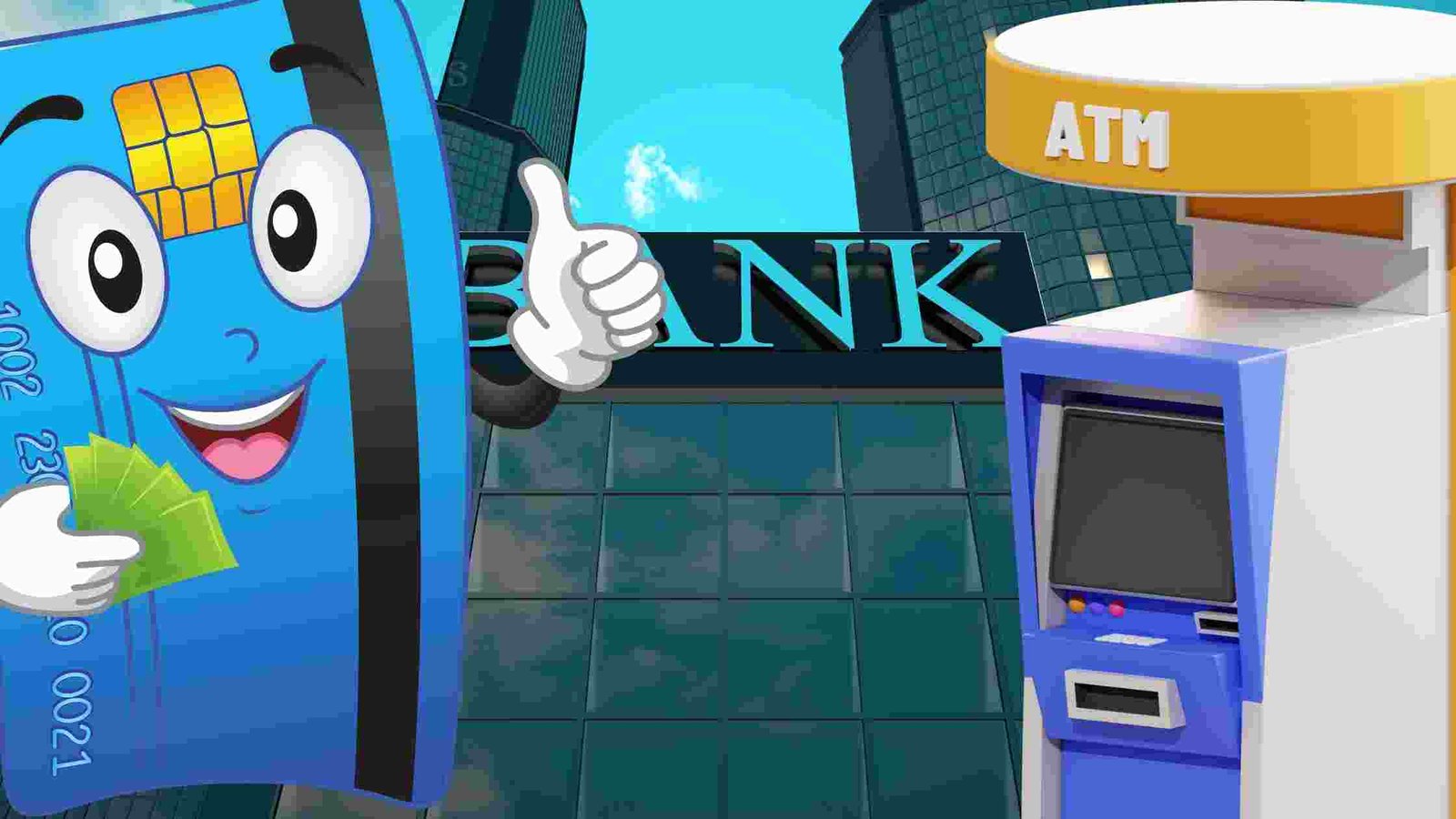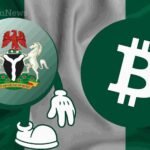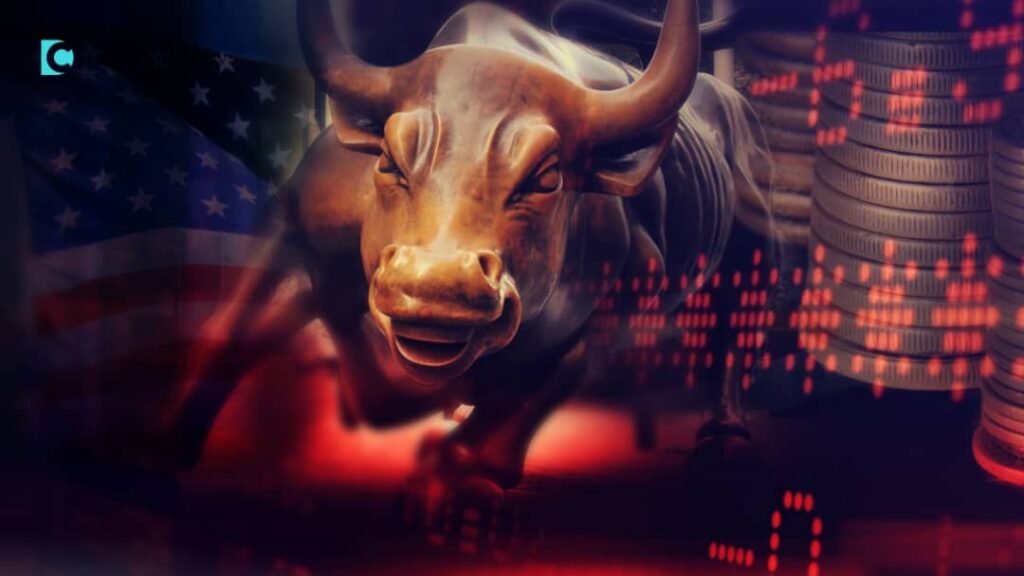The Central Bank of Nigeria (CBN), earlier in the week has directed banks to increase the minimum interest rate payable on savings deposits from 10 percent to 30 percent of the monetary policy rate (MPR).
Thank you for reading this post, don't forget to subscribe!
This means that, bank customers operating local currency savings in the country would enjoy more interest.
The apex bank said this in a circular dated August 15, 2022, and signed by Haruna B. Mustafa, director of the banking supervision department.
Also Read: Customers To Provide Indemnity For Online Transfers Above One Million Naira: CBN.
What CBN is Saying.
The MPR — the baseline interest rate in an economy, every other interest rate used within an economy is built on it — is currently 14 percent.
The circular reads “It will be recalled that as part of the efforts to ameliorate the impact of the COVID 19 pandemic, the Central Bank of Nigeria reduced the minimum interest rates payable on local currency savings deposits from 30% to 10% of the Monetary Policy Rate (MPR). This was aimed at stimulating growth in the larger economy following the economic-slowdown occasioned by the Pandemic.”
The apex bank noted that Nigeria has returned to economic normalcy, the bank said “following the return to full normalcy and considering the prevailing macroeconomic conditions, it has become necessary to effect an upward adjustment of the interest rate payable on local currency savings deposits.”
What Bank Customers Should Know.
The monetary policy rate (MPR) is an economy’s base interest rate. It is used as a benchmark for lending in the financial services industry.
The CBN recently increased the MPR from 13% to 14% in an effort to combat inflation, which reached a 17-year high of 19.64% in July 2020.
Savings deposit rates are the interest rates that banks charge customers for keeping their money in their accounts. An increase in the interest rate on a savings deposit is typically expected to increase savings and serve as a form of contractionary monetary policy.
However, because inflation has surpassed all of these rates, any money saved loses purchasing power over time.























